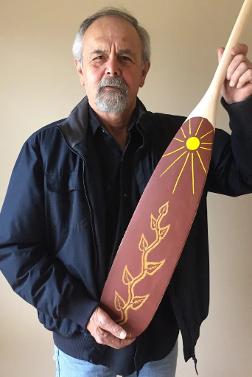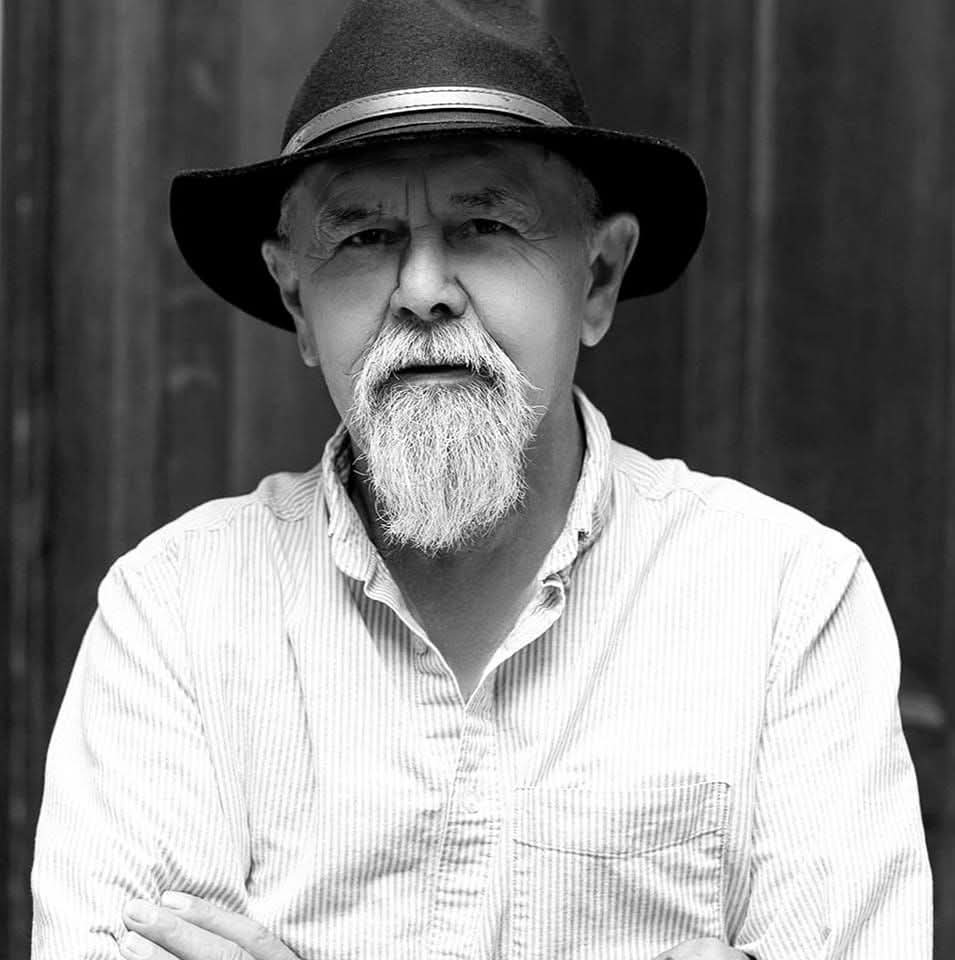Biography
Pinock


Pinock is an Algonquin from the Anishinabe First Nation family, located in Kitigan Zibi near Maniwaki, Quebec.
It all began from day one, at the school of life, that pertained to the three ‘L’ system (look, listen and learn). Pinock holds much gratitude from learning hands on from multiple sources of united Algonquin community members. Over the years, trying to work in society careers (of farms, as a fishing guide, in factories, etc.), he always came back to the pride and joys that covered work related to native culture. Today, we may recognize the important contribution of native people that revolutionized the world and acknowledge that there wouldn’t have been a fur trade without the implication of birchbark canoes.
Come meet Pinock, a very humble man, that works well with any types of groups. Enjoys sharing the privilege knowledge of ancestral experts that thought by leading with good life examples and living strictly off the land from what nature supplied to them during each season (shelter, transportation, clothing, etc). Sharing awareness of lost teachings, as today we evolved and depend on stores to purchase goods.
A gifted craftsman holding exceptional skills and talents in the particular trade of (cradleboards, drums, paddles, rattles, snowshoes, toboggans and other traditional items). His main focus has a particular interest in building Algonquin items related to birchbark elements (baskets, canoes, match kits, moose callers, rattles and wigwam homes). Coming from a long line of Algonquins who have learned to skillfully form bark from birch trees into beautiful items that are essential to life, such as canoe vessels for transporting across waters.
Providing many workshops and presentations allows him to pass on his passion from his desire to preserve and teach the traditional knowledge and skills handed down by his ancestors. Remaining an admiration of the ingenious intelligent ways the Algonquin ancestors crafted traditional items using only raw materials. Holding a respect for nature in taking only what is needed, in order to preserve the land for future generations. As the part of the Algonquin country provides a massive variety of trees, yet the ancestors selected only a couple types of trees (birch, cedar, ash and spruce) to make a canoe, with tools made of bones and stones, including the simplicity of a symmetrical design.
Continuing to renew his close relationship to birchbark embodies him to share vital stories related to pollution, new realities of climate change with global warming, discussions related to the over cutting of trees, as well as the oral history of this land. The difficult part of this profession is finding the materials. Furthermore, the philosophy of creation states ‘There are no wrong ways of doing things. If something was created and the outcome result provided satisfactory and served its purpose, this was recognized as an achieved success.’. Each First Nations depends on the materials supplied and provided by nature on their territory to build items of different nations styles.
